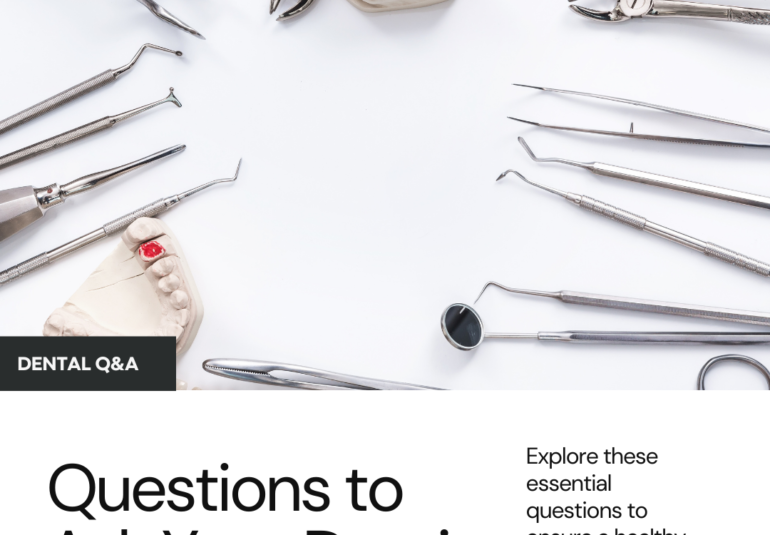
- Cosmetic Dentistry
- by admin_cosmetic
Welcome to our blog! At our cosmetic dentistry center, we prioritize your health and safety while providing top-notch dental care. One common concern among patients is the safety of dental X-rays. In this post, we will explore the necessity, safety measures, and potential risks associated with dental X-rays to help you feel more comfortable during your visit.
What Are Dental X-rays?
Dental X-rays, also known as radiographs, are images of your teeth and jaw taken using a small amount of radiation. These images help dentists diagnose issues that are not visible during a regular dental exam. X-rays can reveal cavities, bone loss, impacted teeth, and other conditions that may require treatment.
Why Are Dental X-rays Necessary?
Dental X-rays are an essential diagnostic tool for maintaining oral health. They help in:
- Early Detection: Identifying problems like tooth decay, infections, and gum disease before they become severe.
- Treatment Planning: Assisting in the planning of treatments such as braces, implants, and extractions.
- Monitoring Development: Tracking the development of teeth in children and adolescents.
- Evaluating Bone Health: Assessing bone density and detecting bone loss associated with periodontal disease.
Are Dental X-rays Dangerous?
While the term “radiation” often raises concerns, it’s important to understand that the level of radiation used in dental X-rays is very low. Here are some key points to consider:
1. Minimal Radiation Exposure
Dental X-rays involve a minimal amount of radiation, comparable to the natural background radiation we are exposed to daily from the environment. The American Dental Association (ADA) states that the radiation exposure from dental X-rays is extremely low and safe for patients.
2. Safety Precautions
Dentists take several precautions to ensure your safety during X-rays, including:
- Lead Aprons: Wearing a lead apron protects your body from radiation exposure.
- Thyroid Collars: A thyroid collar is used to shield your thyroid gland, which is more sensitive to radiation.
- Digital X-rays: Many dental offices now use digital X-rays, which require even lower levels of radiation compared to traditional film X-rays.
3. Frequency of X-rays
The frequency of dental X-rays depends on your individual oral health needs. For most patients, X-rays are taken once a year or less frequently if you have a low risk of dental problems. Your dentist will recommend X-rays based on your specific situation.
4. Benefits Outweigh Risks
The benefits of dental X-rays in diagnosing and treating oral health issues far outweigh the minimal risks associated with radiation exposure. Early detection and treatment of dental problems can prevent more serious conditions and maintain your overall health.
Who Should Avoid Dental X-rays?
Certain individuals may need to take extra precautions with dental X-rays, such as pregnant women. If you are pregnant or suspect you might be, inform your dentist. In most cases, dental X-rays can be postponed until after pregnancy unless they are absolutely necessary for urgent care.
Conclusion
Dental X-rays are a safe and essential tool for maintaining your oral health. The minimal radiation exposure is carefully managed with modern technology and safety measures, ensuring that the benefits significantly outweigh any potential risks.
Book Your Consultation Today!
At our top-rated cosmetic dentistry center in Brooklyn, New York, we’re committed to providing comprehensive and safe dental care. Whether you need routine check-ups or specialized treatments, our experienced team is here to help.
Don’t wait – schedule your consultation with us today and take the first step towards a healthier, more beautiful smile!


